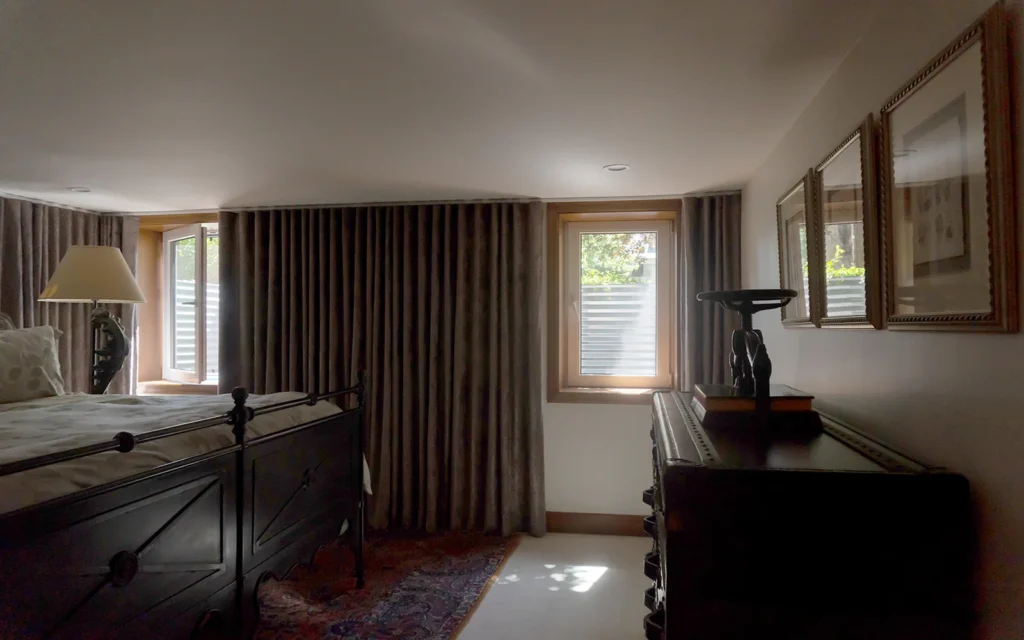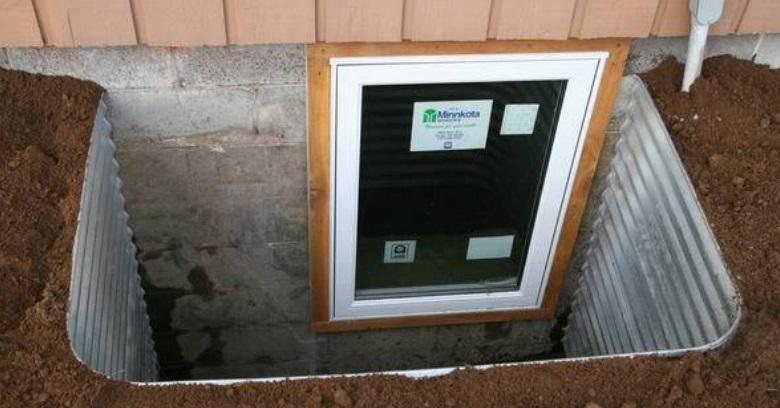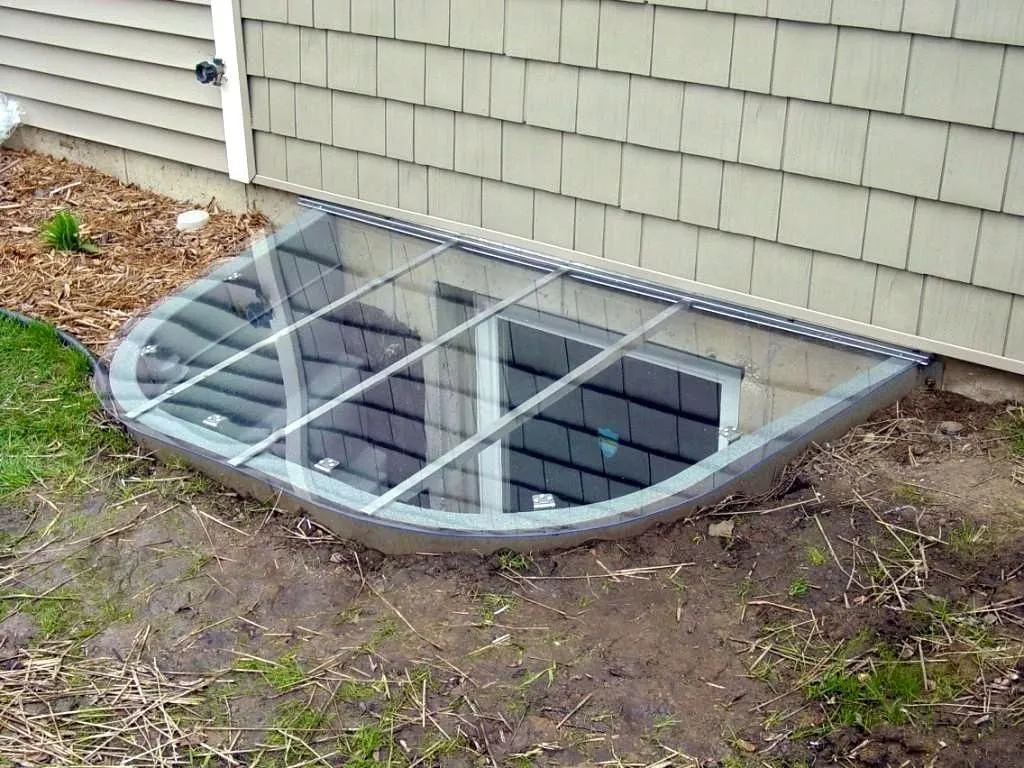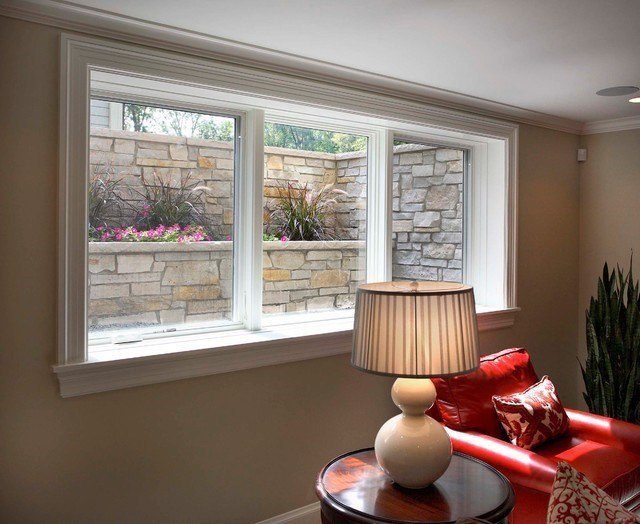When it comes to basement safety, one of the most critical aspects to consider is basement window egress. Egress windows are specifically designed to provide an emergency exit in the event of a fire or other life-threatening situations. Not only do they serve as a vital safety feature, but they are also often required by building codes when a basement is converted into a livable space. In this article, we’ll explore the importance of basement egress windows, the factors to consider when installing them, and the different materials you can choose from.
Why is Basement Window Egress Important?
Basement window egress is essential for providing a quick and safe exit during emergencies, especially in basements that are used as bedrooms, living rooms, or recreational areas. In many jurisdictions, building codes require egress windows in any room used for sleeping or living purposes. This ensures that occupants have an alternative way out if the primary exit is blocked by fire or other hazards.
These windows not only enhance the safety of your home but also increase its value. Homebuyers and inspectors look for code-compliant egress windows in finished basements, making them a smart investment for anyone looking to sell or renovate their property.

Building Code Requirements for Egress Windows
Before installing egress windows in your basement, it’s important to understand the building code requirements that apply to your area. Typically, the window opening must be large enough to allow an adult to escape or for a firefighter to enter with ease. Most codes require the following:
- The window must have a minimum opening width of 20 inches and a height of 24 inches.
- The total clear opening area should be at least 5.7 square feet.
- The window should be no more than 44 inches from the floor to allow easy access.
These requirements ensure that the basement window egress provides a safe and functional exit during emergencies.
Window Well Installation
For basements below ground level, a window well is required for the egress window to function properly. Window well installation involves digging out an area around the window and installing a well that allows light to enter and provides space for someone to exit through the window. Depending on the depth of the window well, a ladder may be necessary to comply with safety codes.
Ensuring proper window well drainage is also important to prevent water accumulation, which could lead to flooding and damage to your basement.

Choosing the Right Materials for Egress Windows
When selecting basement window egress, the material you choose plays a significant role in both the window’s durability and performance. Different materials offer various benefits, from energy efficiency to aesthetic appeal. Here’s a comparison of common window materials to help you decide:
| Window Material | Durability | Energy Efficiency | Aesthetic Appeal | Maintenance Requirements |
|---|---|---|---|---|
| Vinyl | High (resistant to moisture) | Excellent | Clean, modern look | Low (requires occasional cleaning) |
| Wood | Moderate (prone to rot if not sealed) | Good | Classic, warm appearance | High (requires regular sealing and painting) |
| Aluminum | High (strong, durable) | Moderate | Sleek, industrial design | Low (resistant to rust) |
| Fiberglass | Very High (extremely durable) | Excellent | Versatile, elegant look | Low (long-lasting material) |
| Steel | Very High (heavy-duty) | Moderate | Robust, industrial appeal | Low (may require occasional rust protection) |
Factors to Consider When Choosing Materials:
- Vinyl: Known for its affordability and low maintenance, vinyl is an excellent choice for homeowners looking for cost-effective egress windows. It provides good insulation and weather resistance, making it ideal for various climates.
- Wood: If you’re looking for a more traditional or natural aesthetic, wood is a popular option. However, it requires regular maintenance to prevent rot and weather damage, especially in areas with high moisture levels.
- Aluminum: Highly durable and resistant to corrosion, aluminum offers a sleek, modern look. It’s strong enough to support large windows but may require thermal breaks for better energy efficiency.
- Fiberglass: Fiberglass windows are extremely durable and offer excellent energy efficiency. They also resist warping and rotting, making them a long-lasting option for any basement window egress.
- Steel: Steel windows are robust and ideal for industrial-style homes or those seeking a highly durable material. However, they may require occasional maintenance to prevent rusting.

Egress Window Installation: DIY or Professional Help?
Installing a basement window egress can be a complex process, particularly when it comes to ensuring compliance with local building codes. While some homeowners may consider a DIY approach, hiring a professional is often recommended. This ensures that the window meets all size and safety requirements, and that it’s properly sealed to prevent water infiltration. A professional installation also guarantees that the window well and drainage system are correctly set up, preventing potential basement flooding.
Conclusion
Basement window egress is an essential feature for any finished basement, providing both safety and value to your home. By ensuring your egress windows meet local building codes and choosing the right materials, you can create a safe and functional space for your family. Whether you opt for vinyl, wood, fiberglass, or aluminum windows, make sure they are properly installed to provide long-lasting performance and peace of mind.

